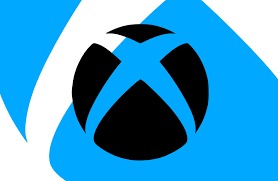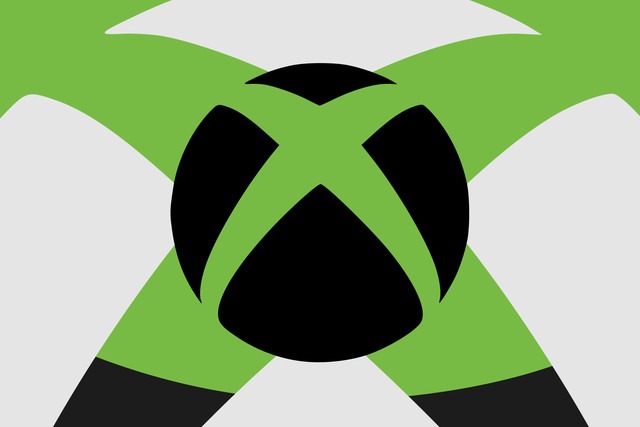Microsoft and Google Are Fighting Over the Future of Xbox, with both tech giants aiming to redefine the boundaries of gaming, cloud technology, and consumer engagement. This battle represents more than a clash over gaming consoles; it is a bid to shape the trajectory of digital entertainment, data control, and platform innovation. At its core, this rivalry reflects the broader competition between two of the most powerful companies in the world, each leveraging its technological expertise to establish dominance in an evolving market.

Microsoft’s Xbox has long been a cornerstone of the gaming industry, combining a strong console heritage with a forward-thinking approach to cloud gaming and subscription-based models. Meanwhile, Google has emerged as a significant challenger, using its cloud infrastructure and AI capabilities to push its gaming ambitions, notably through Google Stadia, a cloud gaming platform. The tension between these two players escalates as they vie for control over the next phase of interactive entertainment.
The Foundations of Competition
Microsoft’s approach to Xbox has undergone substantial evolution since its inception in 2001. What began as a hardware-focused endeavor has grown into a comprehensive ecosystem that integrates consoles, PCs, and cloud technology. Key to this transformation is Microsoft’s commitment to services like Xbox Game Pass, which allows subscribers access to a broad library of games for a monthly fee. By investing in cloud gaming through Xbox Cloud Gaming, Microsoft aims to untether gaming from traditional hardware constraints.
On the other hand, Google’s foray into gaming signals its broader ambition to disrupt established players. Google Stadia was launched as a platform capable of delivering console-quality gaming through internet streaming. With minimal hardware requirements, Stadia capitalized on Google’s extensive server infrastructure and its capacity for real-time data processing. Despite setbacks, Google’s commitment to gaming technologies highlights its resolve to compete in this lucrative sector.
Strategic Moves and Industry Impact
Microsoft and Google’s battle for the future of gaming extends beyond direct competition. It encompasses broader implications for the gaming community, developers, and even regulatory frameworks. Microsoft’s acquisition of gaming studios like Bethesda and its bid for Activision Blizzard exemplify its aggressive approach to content acquisition, aiming to lock in exclusivity and expand its Game Pass offerings.
Google, while not pursuing studio acquisitions at the same scale, focuses on integrating gaming with its broader ecosystem, including YouTube. Features like direct gameplay launches from YouTube videos illustrate Google’s innovative use of cross-platform capabilities. This unique synergy between platforms underscores Google’s strategy of leveraging its existing services to enhance its gaming offerings.
The Role of Cloud Gaming
At the heart of this rivalry is the race to dominate cloud gaming. Cloud gaming removes the need for high-end hardware, enabling players to stream games directly to their devices. For Microsoft, the integration of Xbox Cloud Gaming into its broader ecosystem ensures seamless access to games on multiple platforms. With its Azure cloud platform, Microsoft is uniquely positioned to deliver a reliable and scalable gaming experience.
Google’s Stadia, despite its ambitious goals, faced criticism for its execution. While technically impressive, Stadia struggled with market adoption, pricing strategies, and a limited game library. Nevertheless, Google’s advancements in cloud technologies cannot be ignored, as they continue to refine their offerings and explore new avenues for gaming.
Market Dynamics and Consumer Preferences
As this competition unfolds, consumers stand at the center of these strategies. Microsoft’s focus on accessibility and subscription models appeals to a broad audience, offering affordability and convenience. Game Pass has emerged as a key differentiator, attracting millions of subscribers and reshaping how games are consumed. Meanwhile, Google’s approach emphasizes innovation and integration, targeting a tech-savvy demographic that values flexibility and cutting-edge features.
Developers also play a pivotal role in this ecosystem. Microsoft’s acquisition strategy provides developers with resources and distribution channels, but it raises concerns about consolidation and its impact on creativity. Conversely, Google’s focus on open platforms and cloud-native development offers new opportunities for creators, albeit with uncertainties about long-term support.
Future Outlook and Challenges
The rivalry between Microsoft and Google is poised to accelerate as both companies double down on their strategies. For Microsoft, maintaining its leadership position requires sustained innovation, content acquisition, and a commitment to consumer value. Google, on the other hand, must address the challenges faced by Stadia, refine its market approach, and leverage its technological strengths to gain a foothold in the gaming industry.
Regulatory scrutiny also looms over this battle. As both companies expand their influence, questions arise about monopolistic practices, data privacy, and market fairness. These issues will likely shape the trajectory of their competition, influencing how they navigate legal and ethical considerations.
The future of Xbox and gaming as a whole depends on the outcome of this rivalry. Whether Microsoft consolidates its dominance or Google disrupts the market with innovative solutions, the gaming landscape is set for transformative change. As a consumer, you are witnessing a defining moment in the evolution of interactive entertainment, one that will shape how games are created, distributed, and experienced in the years to come.










Add Comment